
Pregnancy Skin Care: How to Find the Perfect Skin Products for Expecting Moms
The glow of pregnancy does wonders for some women's skin. However, for others, pregnancy brings a host of skin issues like acne, dryness, melasma and more. As an expecting mother, you want to nourish your skin but aren't sure which products are safe.
This article will discuss common skin concerns women experience during pregnancy, safe skin products during pregnancy, building a pregnancy skincare routine, and some common pregnancy skincare myths. This blog post explores tips to help one find the perfect skincare products for their changing body.
Common Skin Concerns During Pregnancy
Hormone fluctuations during pregnancy can wreak havoc on one's skin in several ways. Common skin concerns during pregnancy include the following:
- Acne: Increased hormones can cause breakouts in areas that are typically clear. Don't fret if you get pimples during early pregnancy as it is common. There are pregnancy-safe ways to clear it.
- Skin Dryness: The body needs more fluids during pregnancy, which can leave the skin drier than usual if one doesn't use a moisturiser. Proper hydration is key for tackling dry skin from pregnancy. The Pink Foundry's Waterlight Gel Moisturiser 72-Hour Hydration is a notable option for supple, soft, and hydrated skin.
- Melasma/Hyperpigmentation: Dark splotchy patches on the face called melasma or chloasma are common during pregnancy. One should be diligent about sun protection to avoid worsening these spots.
- Itching: One's growing belly during pregnancy can cause stretched skin, which can feel quite itchy and uncomfortable. Moisturiser and skin-soothing ingredients can provide relief.
What Skin Products Are Safe During Pregnancy?
When looking for maternity skin care, one should check the ingredient list carefully. This section explores the key ingredients pregnant women should avoid and offers alternatives.
Key Ingredients to Avoid
Here are some key ingredients pregnant women should consider avoiding:
- Retinoids (retinol/tretinoin): Retinoids can be absorbed into the bloodstream and harm the foetus.
- Hydroquinone: There is a high risk of toxicity for the developing foetus.
- Chemical sunscreens: Ingredients like oxybenzone in sunscreens are considered controversial. Sunscreen options containing minerals like zinc oxide are usually safer.
- Essential oils: These oils are very concentrated. They can be irritating and possibly toxic.
Safe Alternatives
Some safe, skin-friendly alternatives include the following:
- Natural exfoliants like lactic acid or fruit enzymes ( having Alpha hydroxy acids (AHAs)) are considered safe to be included in the daily skincare routine of pregnant women.
- Vitamin C (ascorbic acid) is considered beneficial for brightening. The Pink Foundry's Brightening & Exfoliating Vitamin C Daily Face Wash offers refreshed, radiant, and naturally glowing skin.
- Skincare products containing hyaluronic acid aid hydration.
- Plant-based oils like jojoba, almond, or coconut oil are also safe for pregnant women.
Building Your Pregnancy Skincare Routine
When expecting, women should aim for a simple, gentle skincare routine, keeping moisturisation at its core. Here's how one can build a skin care regimen for pregnancy to keep their skin nourished:
- Cleansing: To avoid stripping the skin, consider using a creamy, sulfate-free cleanser. Look for nourishing oils like jojoba, vitamin E, or olive oil in the ingredients. Importantly, wash with lukewarm water and pat dry the skin.
- Serums: Serums with vitamin C, hyaluronic acid, niacinamide, or soothing botanical ingredients can be great additions to one's skincare routine. Depending on one's requirements, one can use water-based or oil-based serums.
- Moisturising: Hydrating the skin regularly is paramount when expecting. Pregnant women should use gentle, fragrance-free body lotions and facial creams that contain skin-replenishing ceramides, plant oils, shea butter, or glycerin. They should apply them carefully in the morning and night.
- Sun Protection: Use a broad-spectrum SPF 30 mineral sunscreen on the face and body whenever you go outdoors. Try to reapply every 2 hours. Sunscreens containing minerals like zinc oxide and titanium dioxide help block the sun's harmful radiation. The Pink Foundry's Dewy Hydrating Hybrid Sunscreen SPF 50+ offers broad-spectrum sun protection.
Pregnancy Skincare for Specific Concerns
Pregnant women can tailor their maternity skincare routine to combat pregnancy-related skin issues:
- Acne: Look for oil-free gel cleansers with salicylic acid (a beta hydroxy acid that clears pores). You can also spot-treat with a dab of benzoyl peroxide.
- Melasma: Diligent sun protection is key for keeping melasma from getting worse. Pregnant women can try brightening serums with niacinamide and vitamin C. Chemical peels can also help, but it is crucial to get a doctor's approval first.
- Itchy Skin: Colloidal oatmeal cleansers, aloe gels, and moisturisers with ceramides and shea butter can help pregnant women relieve itchy skin. Cold compresses can also calm inflammation.
Pregnancy Skincare Do's and Don'ts
Here are some key skincare recommendations and ingredients to avoid while expecting:
DO(s)
- Use mineral-based sunscreens
- Prefer cleansing oils
- Use skincare products containing hyaluronic acid and niacinamide.
- Prefer skincare products containing soothing botanicals like aloe vera.
Don't(s)
- Use skincare products containing retinoids and hydroquinone.
- Using chemical-based sunscreens.
- Including essential oils in daily skincare routine.
- Using harsh exfoliants like scrubs.
Benefits of Maintaining a Pregnancy Skincare Routine
Benefits of maintaining a pregnancy skincare routine include the following:
- Keeping up with one's skincare routine during and after pregnancy can benefit you and your baby.
- Nourishing ingredients enhance skin elasticity to minimise stretch marks and combat hormones that can cause melasma and acne.
- Proper hydration prevents dangerous pregnancy skin issues like pruritic urticarial papules and plaques of pregnancy (PUPPP).
- Your skincare routine during pregnancy also sets a good skincare example for others.
Conclusion
One can expect to tackle pregnancy skin issues safely and effectively with the right skincare products and ingredients. It is crucial to focus on gentle cleansing, serum-based treatments, daily SPF and rich moisturisation in the morning and during the night. Pregnant women should consider product labels carefully and avoid anything containing retinoids, hydroquinone or oxybenzone. With some minor adjustments, one can maintain a skin-loving pregnancy skincare regimen that keeps them and the baby glowing.
FAQs
Q1: What skincare ingredients should I avoid during pregnancy?
A1: Pregnant women should avoid skincare products containing retinoids, hydroquinone, chemical sunscreens, scrubs, essential oils, and oral acne medications. They should also consider seeking advice from a doctor on safe prescription topicals.
Q2: Can I use retinol while pregnant?
A2: Skincare products containing retinoids like retinol and tretinoin are not considered safe during pregnancy or breastfeeding due to possible absorption into the bloodstream.
Q3: Is vitamin C serum safe during pregnancy?
A3: Vitamin C serums are considered safe to use during pregnancy. The antioxidant content in these serums can help brighten the skin and fade dark spots caused by melasma.
Q4: How can I deal with acne during pregnancy?
A4: Pregnant women should try an acne-fighting face wash with salicylic acid and consider spot-treating their existing condition with a dab of benzoyl peroxide. Skincare products containing acids like azelaic acid and AHAs can help pregnant women clear acne.
Q5: Which sunscreen is safe to use during pregnancy?
A5: Pregnant women should opt for mineral-based sunscreens with zinc oxide and/or titanium dioxide. They should avoid chemical UV filters like oxybenzone. Importantly, use SPF 30 broad-spectrum sunscreen for daily protection from harmful UV rays.









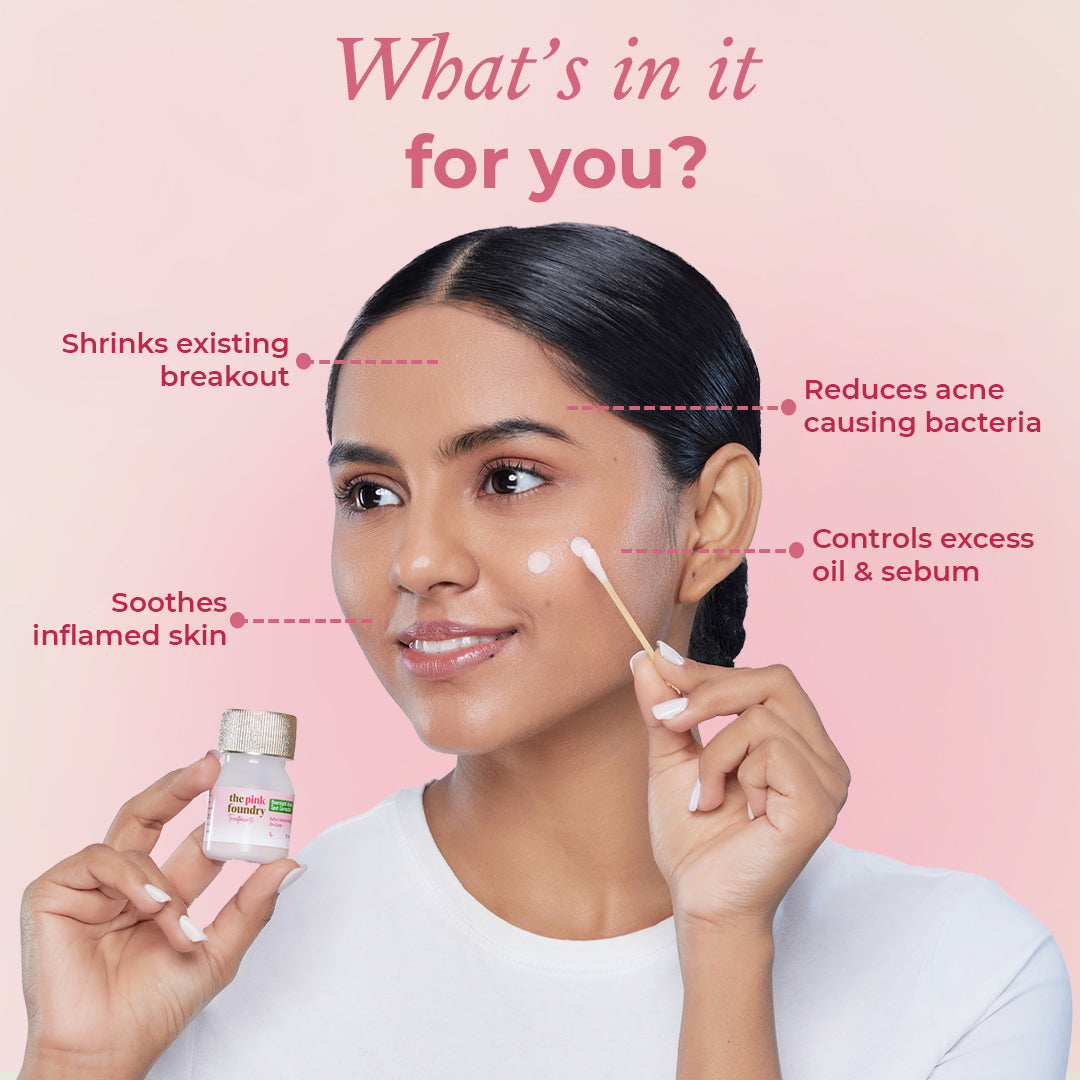
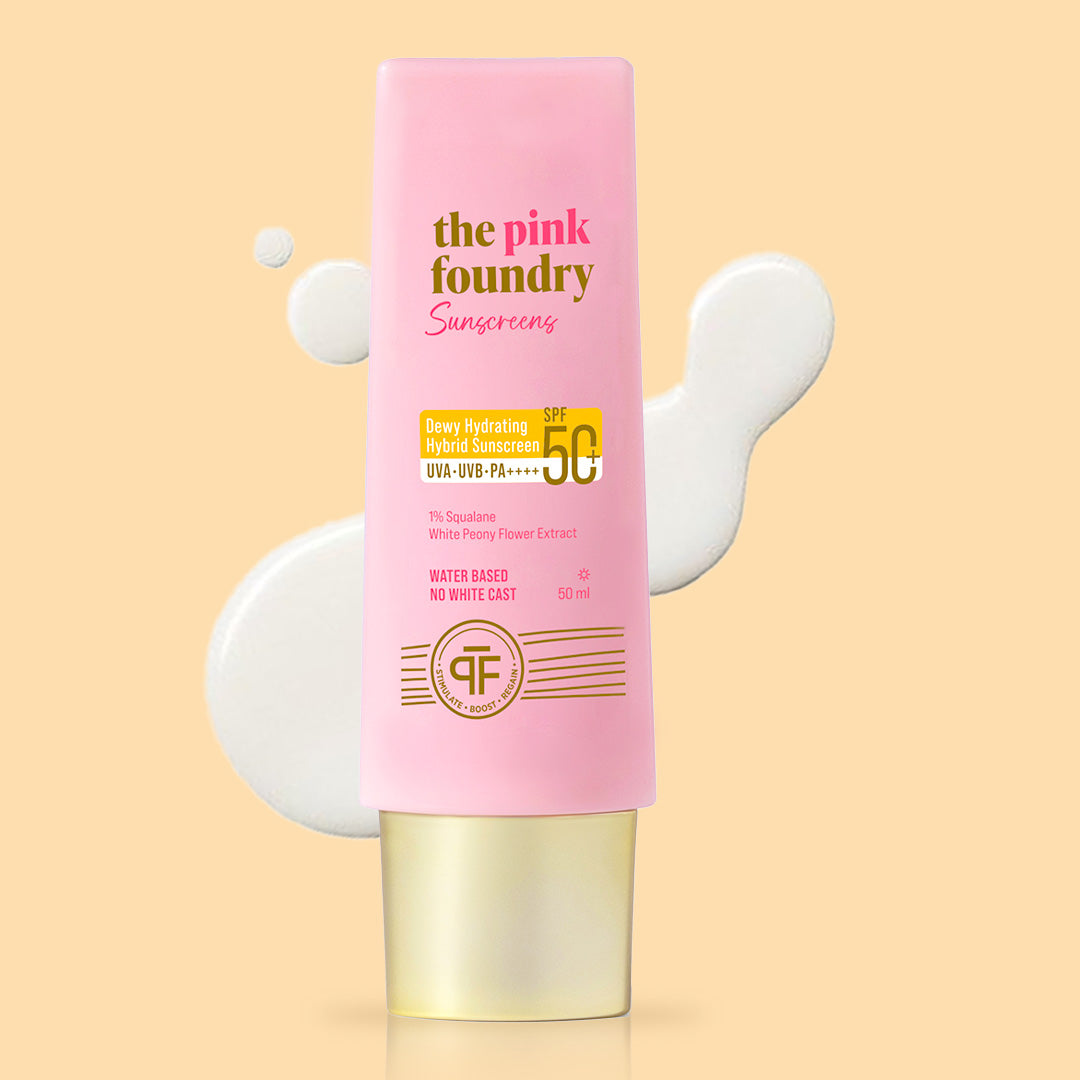
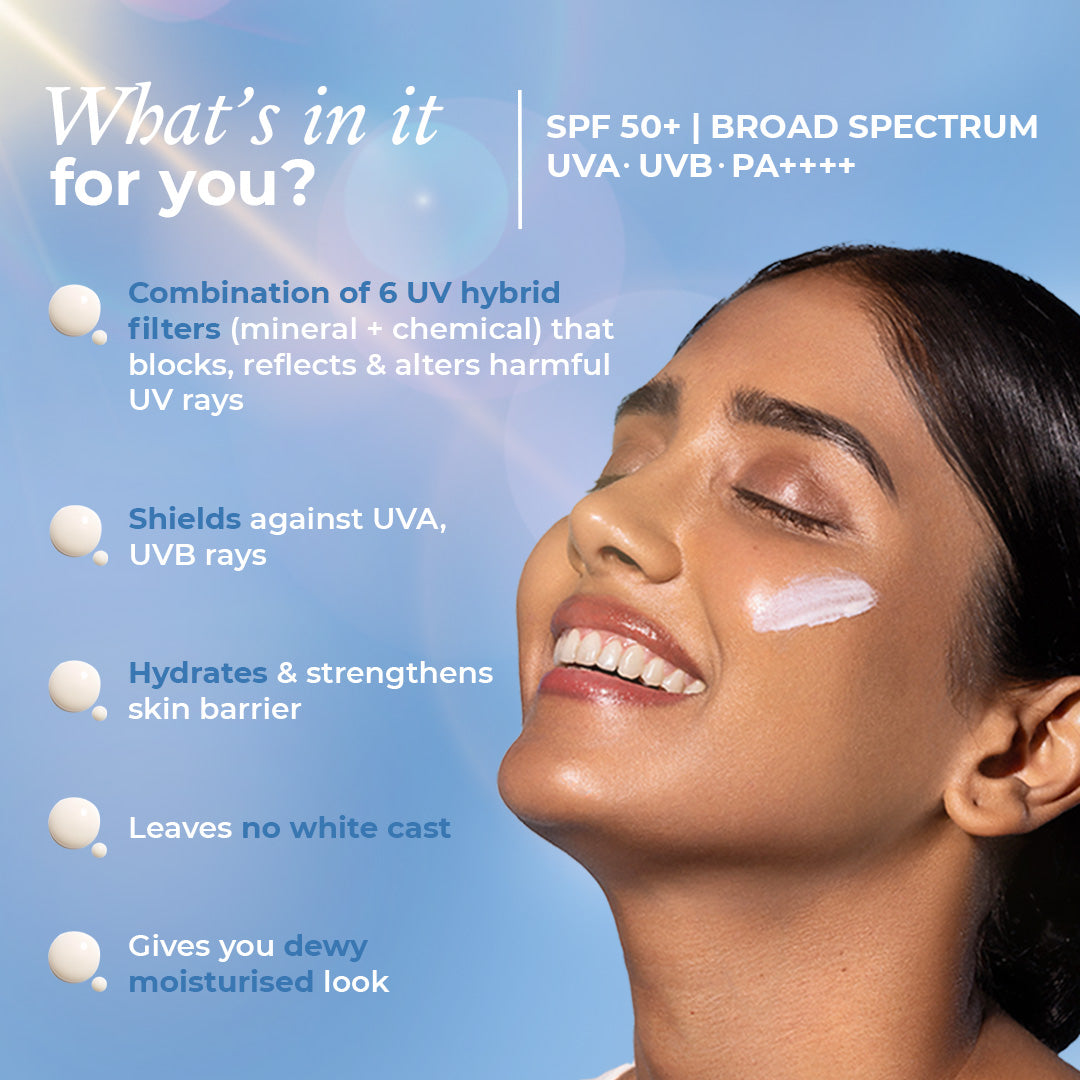


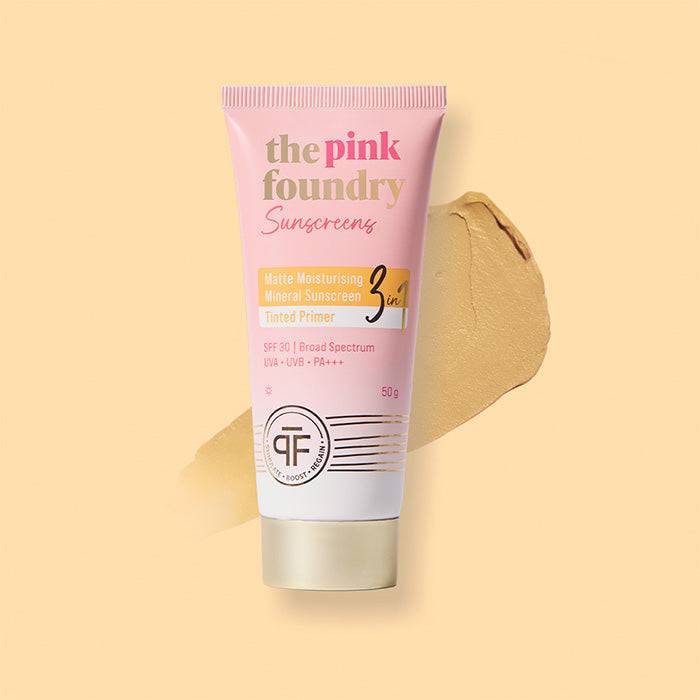
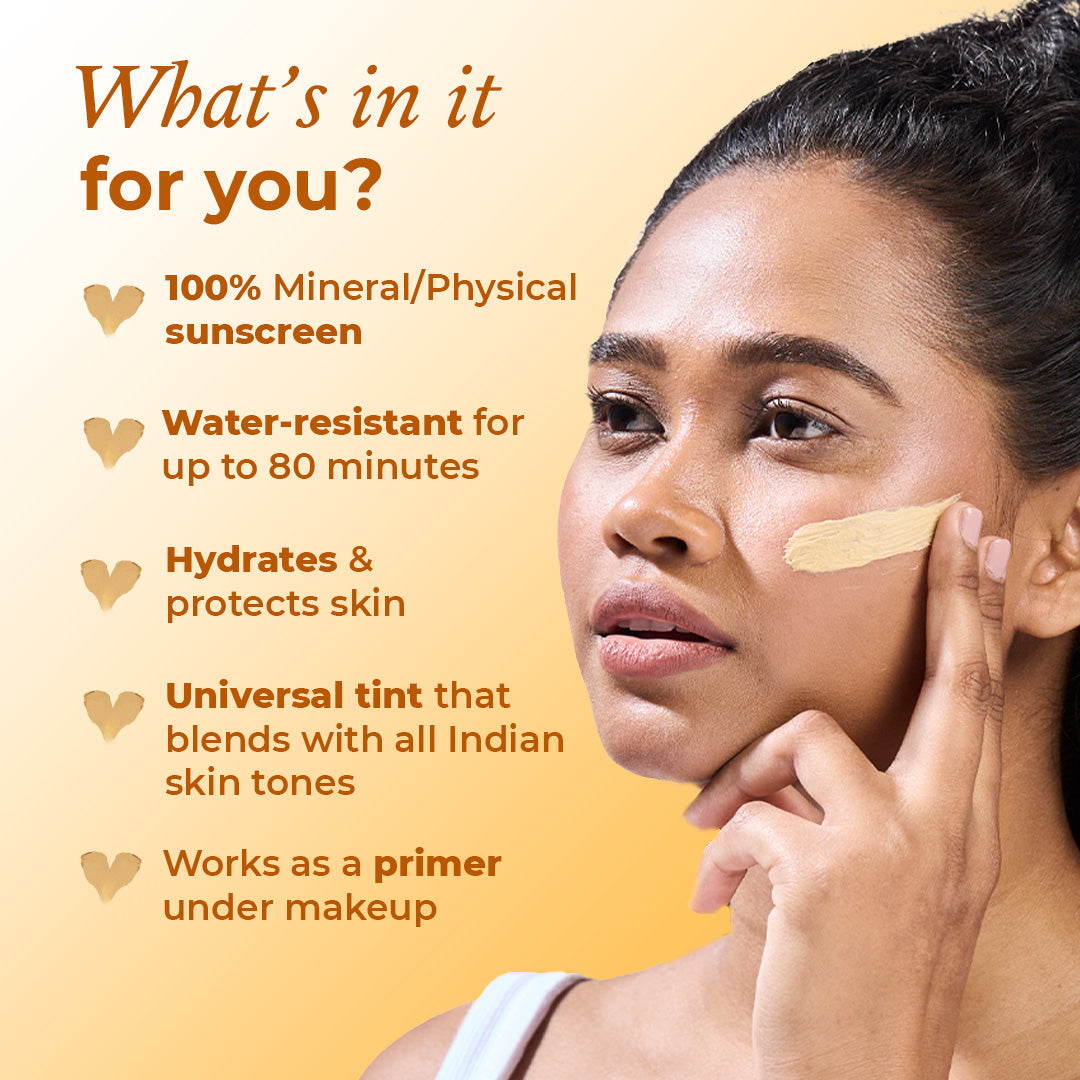



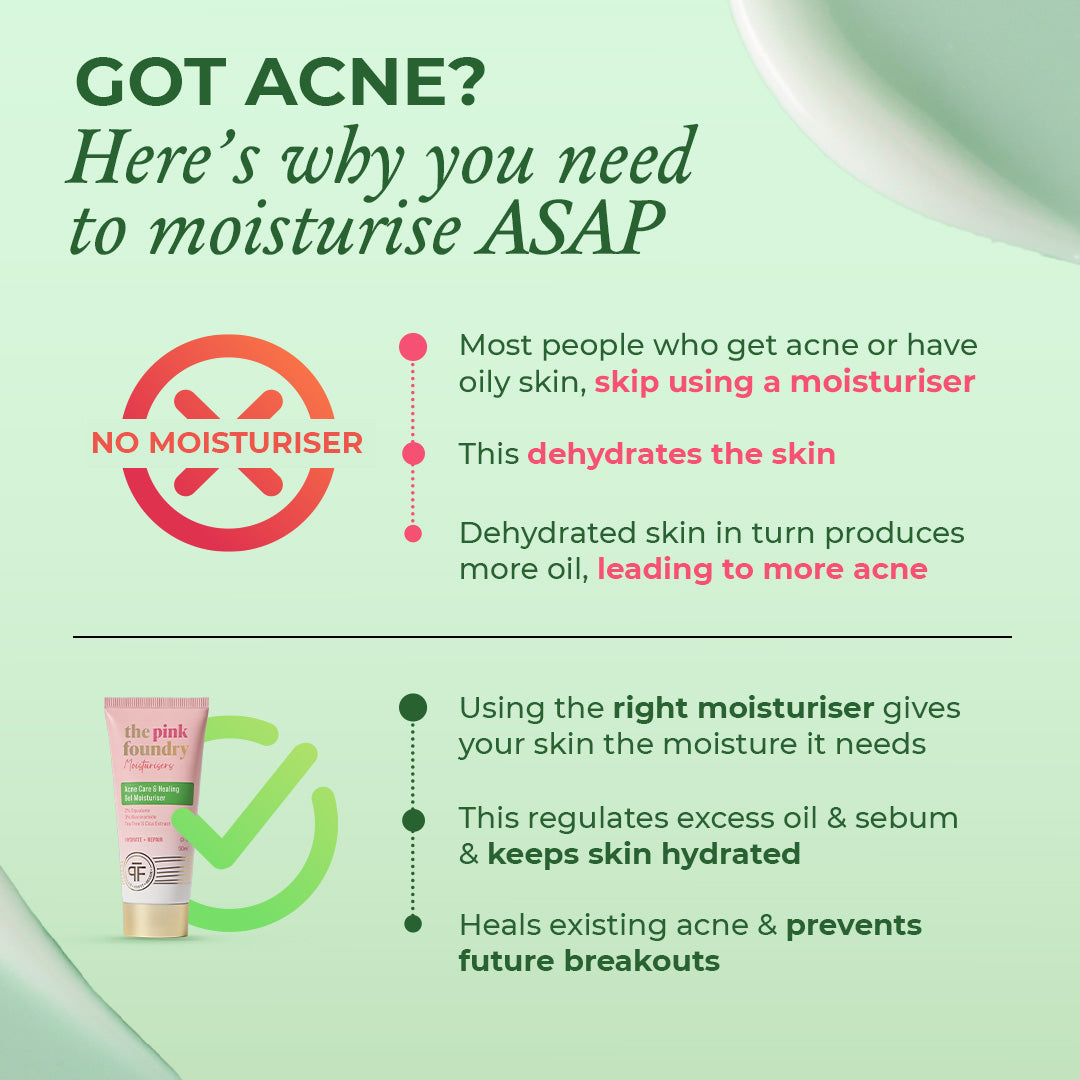
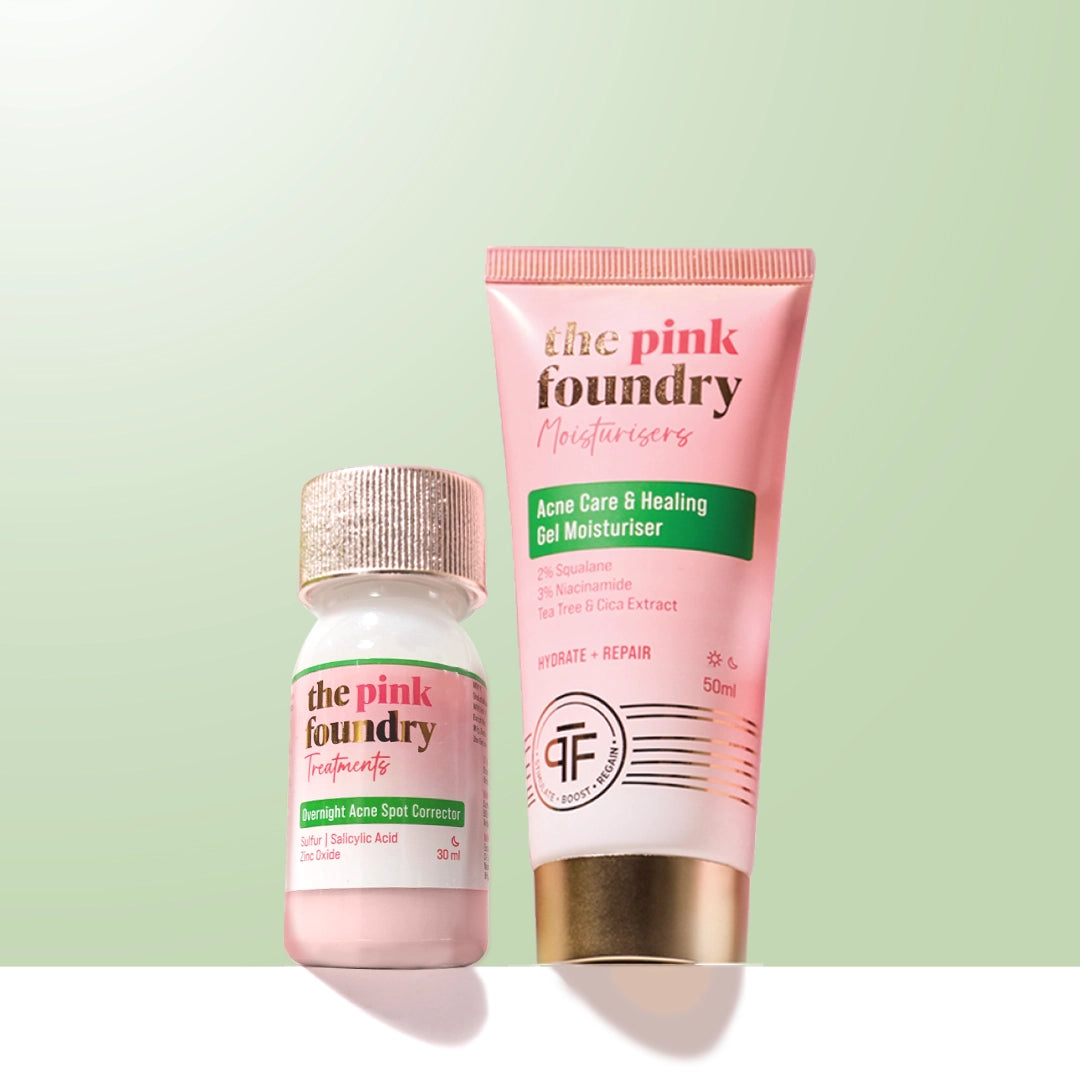
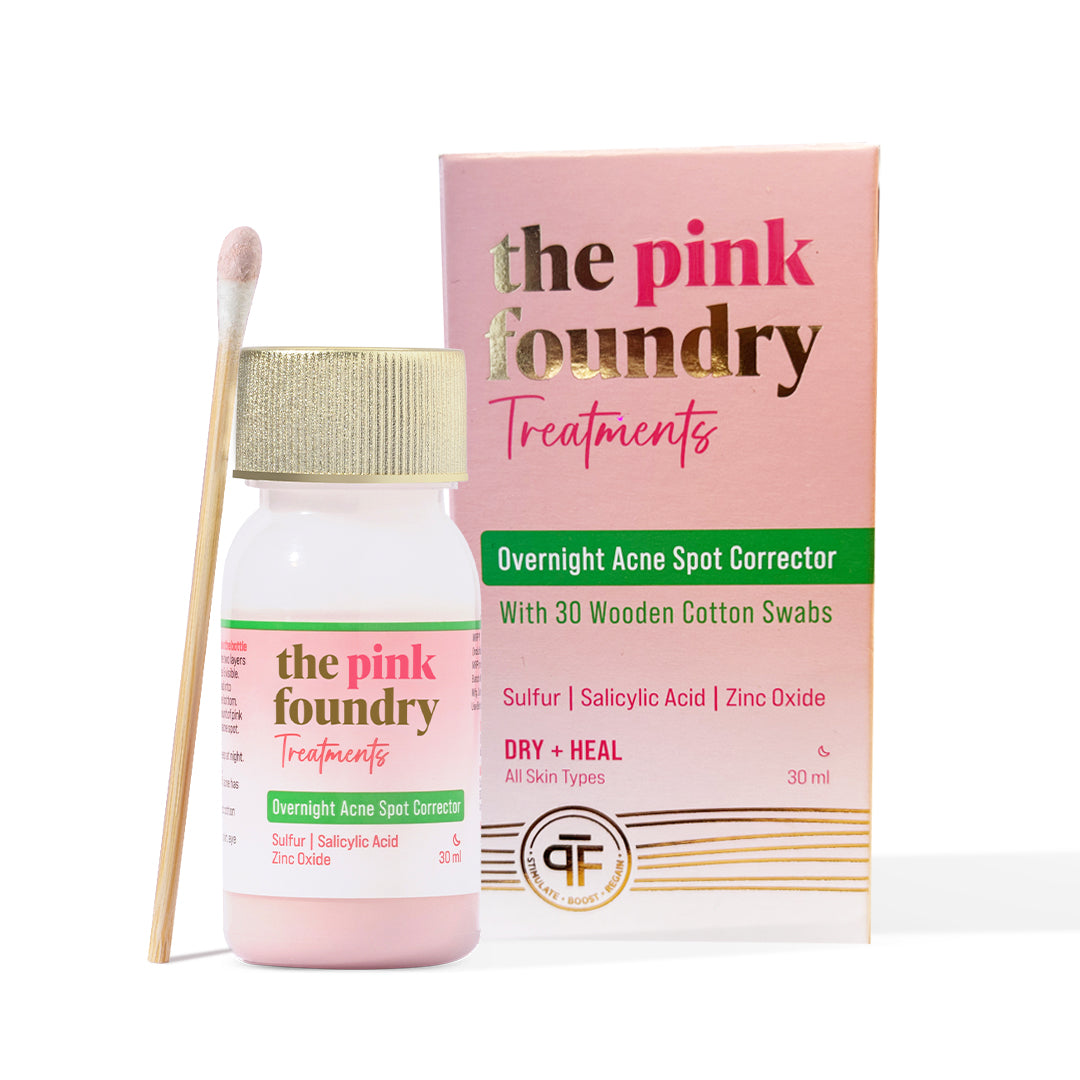
Leave a comment
This site is protected by hCaptcha and the hCaptcha Privacy Policy and Terms of Service apply.